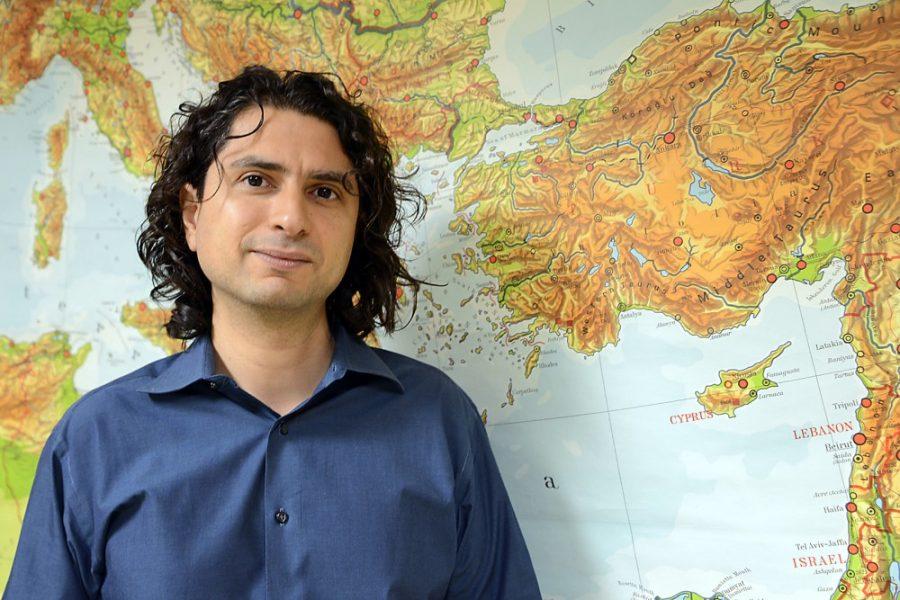The School of Middle Eastern and North African Studies is hosting a talk on Friday about the Gezi Park protests in Turkey that captured the world’s attention last summer.
Can Aciksoz, an associate professor in MENAS, will be giving the talk, which is titled “Gezi Protests: An Eventful History.” The event is part of a lecture series known as the MENAS Colloquium Series, put on by the Center for Middle Eastern Studies, a division within MENAS. The lectures occur multiple times a month and are typically given by visiting scholars.
“Generally, speakers come in from different places around the world to give these talks,” said Miriam Saleh, an administrative assistant for MENAS.
This particular talk is unique because the speaker comes from within the university, Saleh added.
Aciksoz said his talk will focus on the transformation of Turkish politics after the protests.
The protests began as a sit-in against an urban renewal project in Gezi Park, but quickly swelled into a nationwide movement covering a wide swath of grievances against the government under Prime Minister Recep Tayyip Erdoğan. Western coverage of the event failed to see how heterogeneous the protests were, according to Aciksoz, who is Turkish himself.
The discussion instead tried to simplify the conflict into black-and-white terms — secularism vs. Islam, Turkish vs. Kurdish. Gezi, he said, is something that eludes that kind of easy categorization.
“It was very novel in the way that [the protests] brought together all these social and political groups,” Aciksoz said, “ranging from anarchists and socialists to feminist and LGBT groups.”
Aciksoz said he hopes to dispel these kinds of misrepresentations about the situation in his talk. He said he also plans to discuss what comes next for Turkey.
While the protests felt like a popular movement that would evolve over the months, political and media attention has certainly died down, according to David Gramling, an assistant professor of German Studies who also wrote an article on the Gezi protests while they were going on in June. Gramling was living in Turkey at the time of Erdogan’s ascension to power and his area of research includes Turkish-German migration and literary history.
“What I’m so curious about is what happens now,” Gramling said.
Turkish-Americans have also started to take an interest in what happens to Turkey. The reactions of the Turkish-American population to the protests have been as diverse as reactions within the borders of Turkey, Aciksoz said.
“In American society, Turkish people are scattered and generally tend to assimilate,” Aciksoz said, meaning that there is no single, unified perspective shared by the Turkish-American community.
The protestors of the next major movement will learn something from the protestors at Gezi Park, Aciksoz said, just as Gezi protestors took many cues from the Occupy movement — #OccupyGezi and #OccupyTurkey were popular hashtags on social media during the protests.
Gramling said UA students should be concerned about Gezi, as they are affected by these political issues overseas.
“This is a multicultural and transnational campus,” Gramling said, “so by a sort of six degrees of separation, people on this campus are affected by what is happening halfway around the world.”








